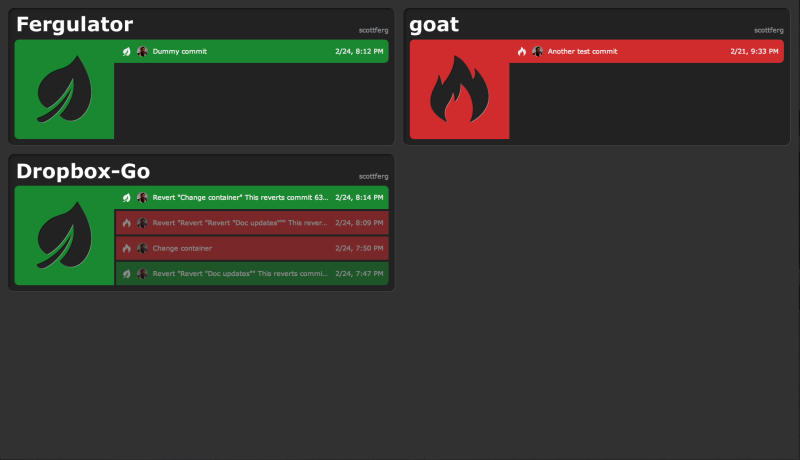http://jnicklas.github.io/capybara/ ᔥ
Tired of clicking around in your browser trying to make sure your applications work as expected? Capybara is a library written in the Ruby programming language which makes it easy to simulate how a user interacts with your application.
Capybara can talk with many different drivers which execute your tests through the same clean and simple interface. You can seamlessly choose between Selenium, Webkit or pure Ruby drivers.
Tackle the asynchronous web with Capybara’s powerful synchronization features. Capybara automatically waits for your content to appear on the page, you never have to issue any manual sleeps.









